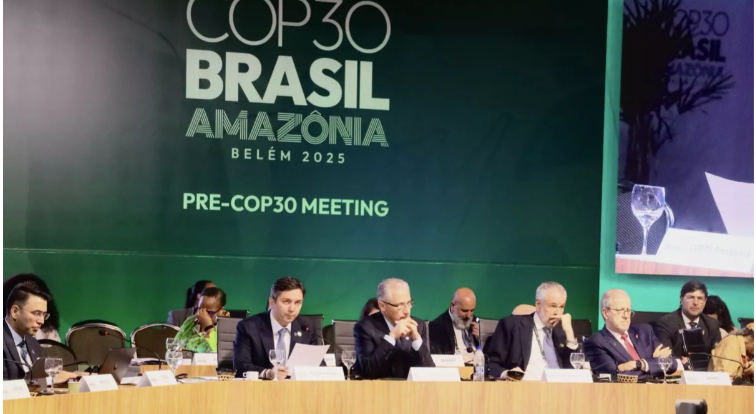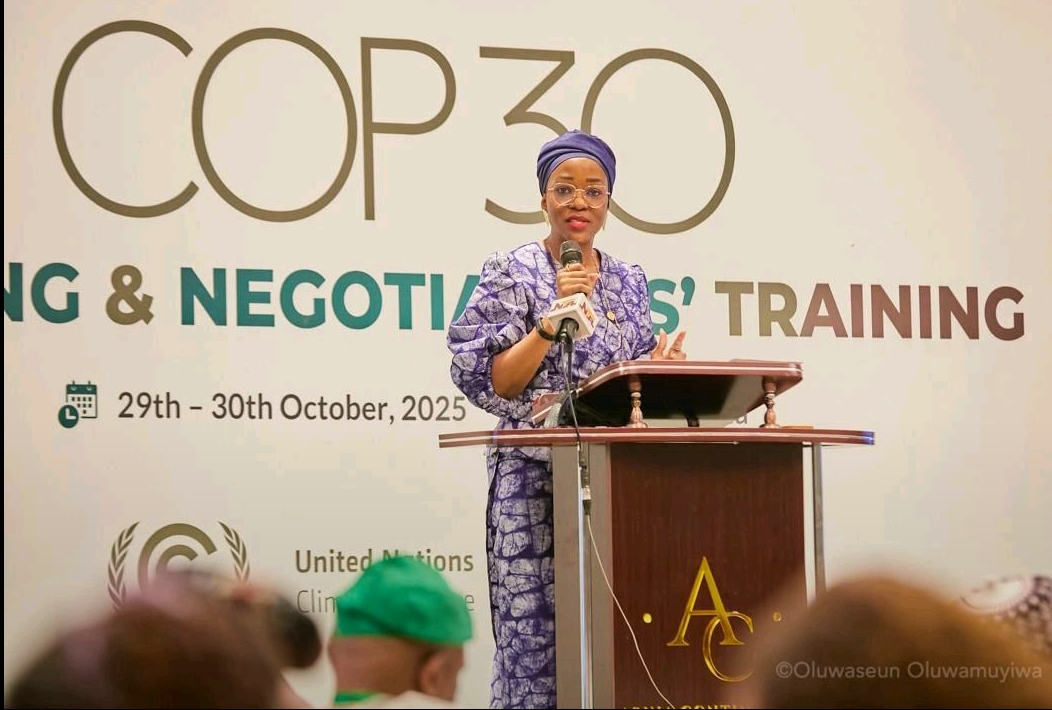Developing nations and civil society actors across Africa have expressed deep disappointment over the newly released Baku-to-Belém Roadmap, jointly presented by the presidencies of COP29 and COP30, which aims to mobilize US$1.3 trillion in climate finance annually by 2035.
The roadmap, which was widely anticipated to deliver a concrete and equitable plan to channel more finance to developing countries, has been criticized for prioritizing private investment mechanisms over grant-based public funding, a move that civil society groups warn could worsen debt and delay meaningful climate action.
In a statement, Bronwen Tucker, Public Finance Manager at Oil Change International, said the roadmap “is not the promised plan to scale up climate finance,” urging rich nations to come to COP30 in Belém, Brazil, with clear commitments and timelines to deliver their fair share of public funding.
“If the EU, UK, and Canada are serious about climate leadership and multilateralism, they must show they will meet their fair share of public climate finance and not pass the buck to failed profit-driven private finance models,” Tucker said.
Also speaking, Olasupo Abideen, Global Director of Brain Builders Youth Development Initiative (BBYDI), described the roadmap as “another missed opportunity to place justice at the heart of climate finance.”
“African nations like Nigeria continue to bear the brunt of climate impacts without adequate compensation or support. The roadmap must shift from promises to enforceable commitments if climate justice is to be achieved,” Abideen stressed.
Grace Wanjiku, Executive Director of the Africa Climate Justice Centre, Kenya, said the roadmap fails to consider the realities of communities on the frontline of climate change.
“Private sector-led finance cannot replace the moral obligation of wealthy nations. Africa needs predictable, accessible, and non-debt-inducing funding to build resilience,” Wanjiku noted.
Dr. Samuel Kiyemba, a Policy Advisor at the Ugandan-based Green Growth Action Network, warned that the proposed plan could perpetuate dependency and inequality.
“The roadmap’s heavy reliance on private finance risks sidelining local solutions and community-based adaptation initiatives that are proven to work,” Kiyemba said.
As the world looks toward COP30 in Belém, African climate advocates are calling for a new finance architecture rooted in transparency, equity, and justice. For many across the continent, true climate finance must move beyond rhetoric to tangible, grant-based commitments that empower vulnerable nations rather than indebt them.
By Dare Akogun





